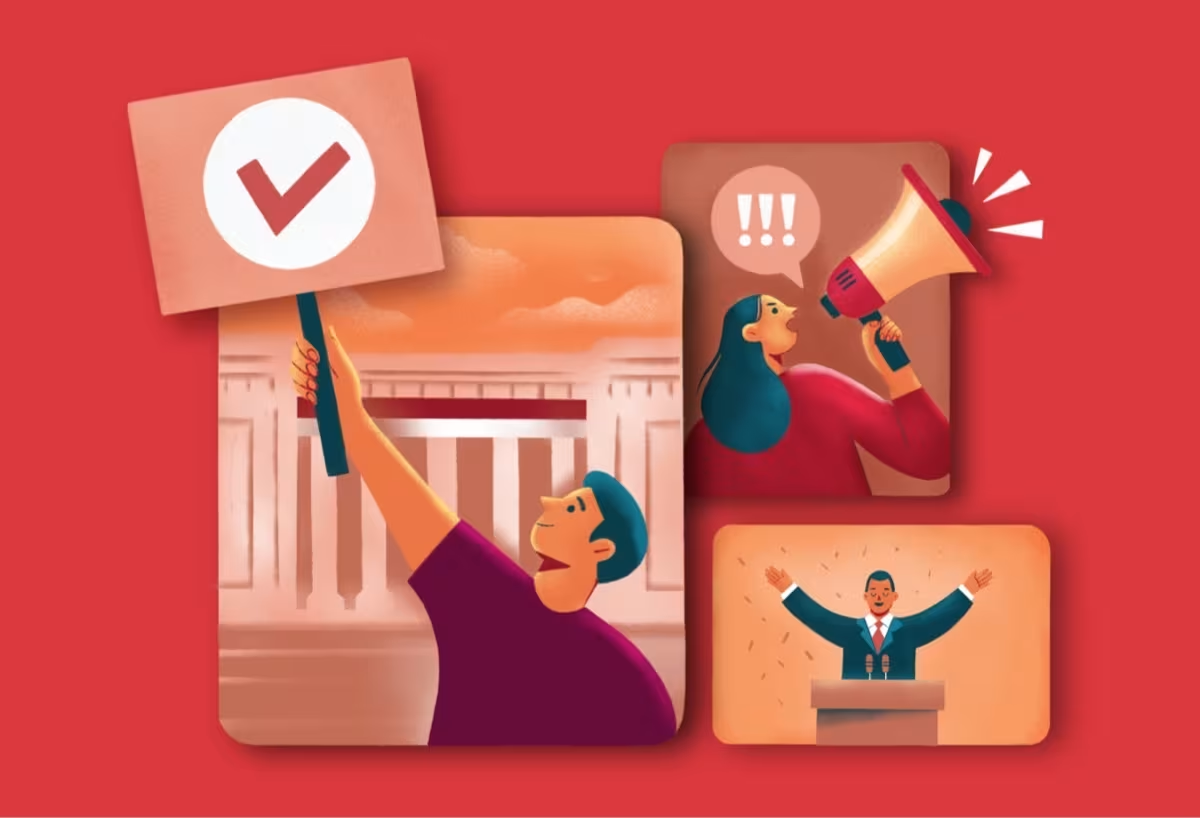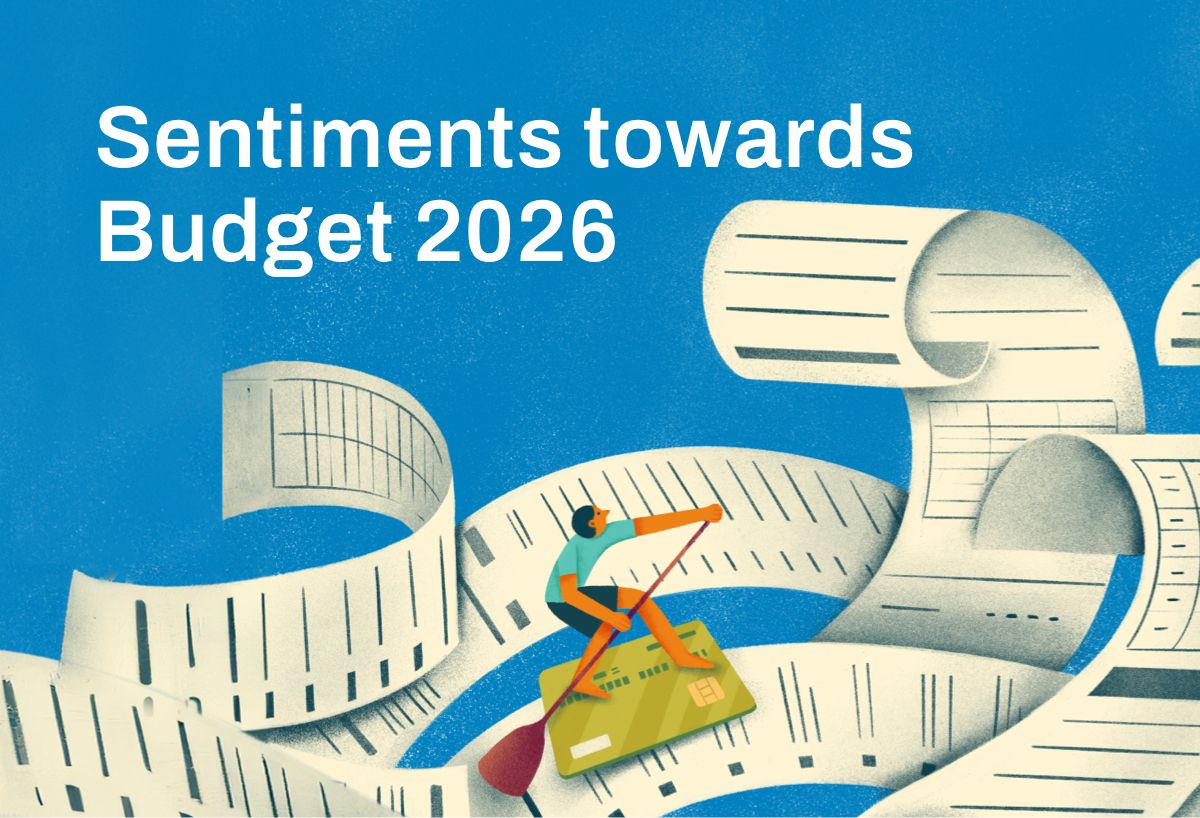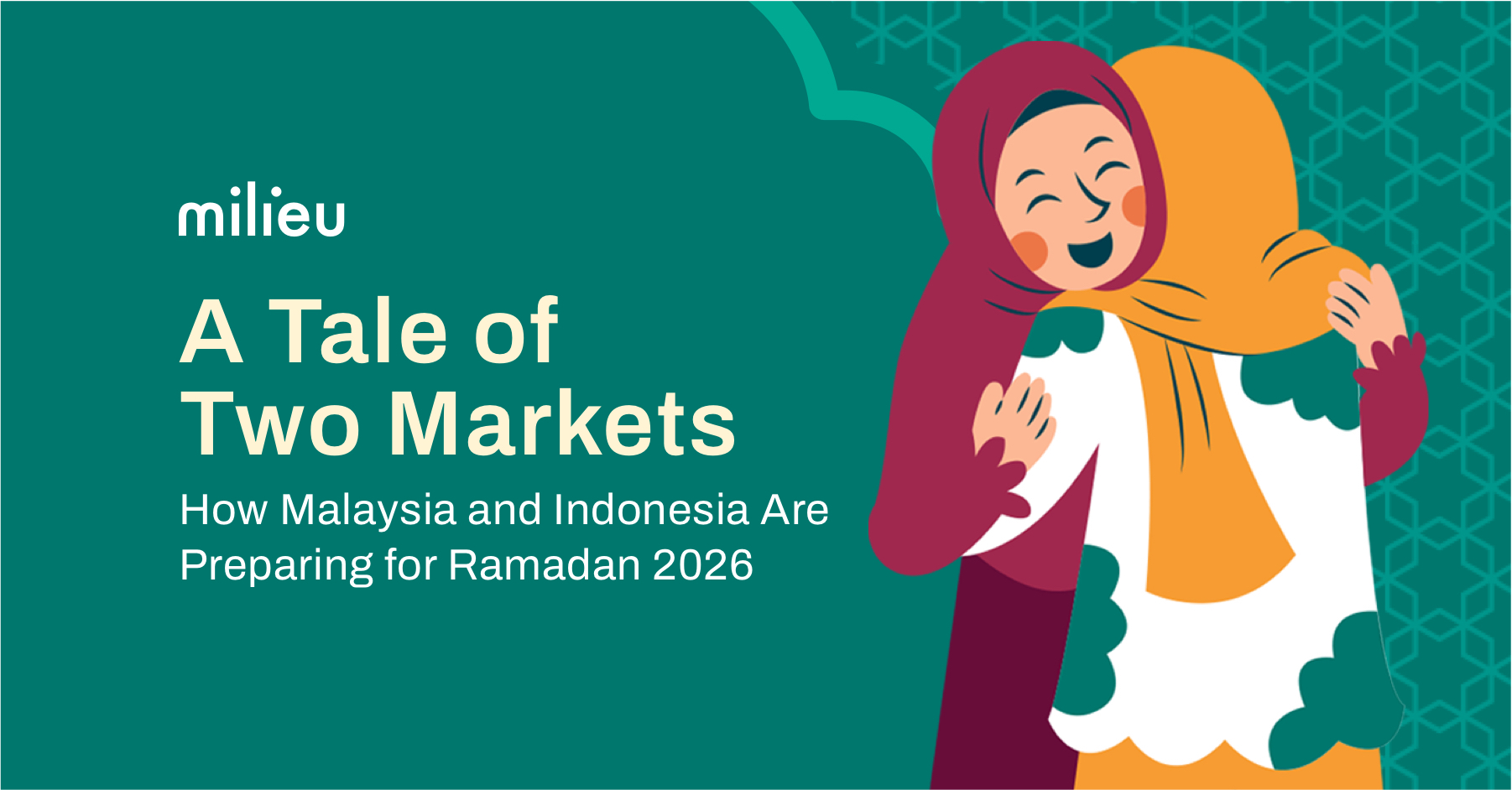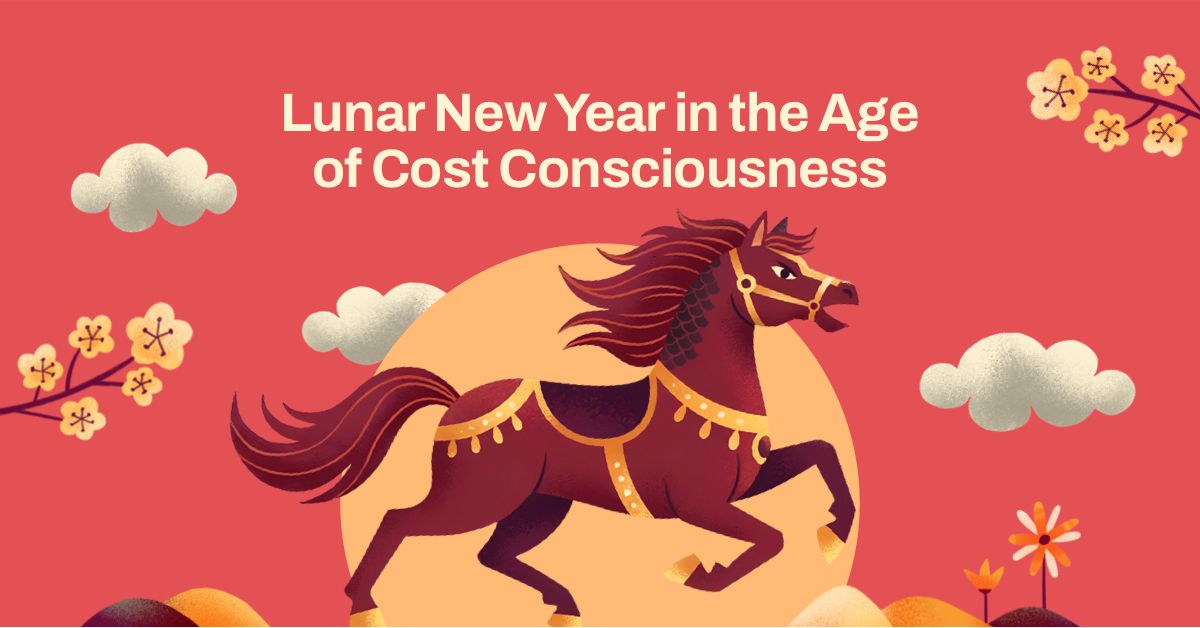PAP & Opposition supporters reflect post-GE2025

PAP vs Opposition supporters reflect post-GE2025
Singapore’s GE2025 may be over, but post-election data reveals a deeper narrative: one shaped by contrasting perspectives between supporters of the incumbent and the opposition. From media consumption habits to views on campaign fairness and motivations at the ballot box, Milieu Insight’s nationally representative survey highlights how political alignment informs not just voting behaviour, but also how voters engage with the electoral process.
Media choices reveal deepening political divides
First, we wanted to explore the process and priorities that shaped voter sentiment. Our post-election survey results paints a clear picture: political leanings are deeply tied to how voters access information and what they value in governance.
Opposition supporters stood out for their wider media diet. Nearly half (48%) consumed news via independent media outlets like Jom or Mothership.sg, and 44% turned to social media platforms and forums such as Reddit for updates. In contrast, incumbent (PAP) supporters primarily engaged with mainstream sources, suggesting a media landscape split along ideological lines.
This raises important questions about information access and influence. The reliance on alternative media by opposition voters points to a growing demand for narratives outside the official channels — a call for pluralism in a tightly managed media environment.
Campaigning & cooling off: too little, too soon?
One contentious issue was the 9-day campaigning period. While 75% of PAP supporters felt the duration was “just nice,” a majority of opposition voters (61%) found it “too short.” Their dissatisfaction extended to the cooling-off day, which bans campaigning a day before polls. Only 35% of opposition voters agreed that it served its purpose, compared to 71% of PAP voters.
This gap in perception could suggest that the brief campaigning period benefits more established parties, raising the question: does a shorter campaign favour incumbents and stifle new or opposition voices?
Why they voted the way they did
The factors that motivated voters further highlight differing values. PAP supporters prioritised stability amid global unease (49%) and track records in managing constituencies (39%). In contrast, opposition voters were driven by a desire for a more balanced parliament (62%), being represented in parliament (44%), and the impact of having more opposition voices (55%).
Across the board, both groups showed concern for policy quality, but the underlying motivations diverged — trust in governance vs. a desire for checks and representation.
A shared priority: Safety. But then what?
Despite these differences, Singaporeans—regardless of political alignment—shared one common hope: safety. Both PAP and opposition supporters listed it as their top aspiration for the nation. However, the second most cited hope reveals deeper contrasts. PAP supporters want a forward-thinking Singapore, while opposition supporters are yearning for one that is compassionate.
This divergence signals a split not in what is essential (security), but in what comes next. It reflects a broader societal tension between growth and empathy, resilience and inclusivity.
Results, reactions & reflections
The PAP saw its vote share climb from 61% in 2020 to 65% in 2025, and retained 10 elected opposition MPs (the same as in 2020), while the number of opposition parties in Parliament dropped from two to one.
Not surprisingly, this led to polarised reactions. While 39% of PAP voters felt happy, 70% of opposition supporters reported feeling disappointed, with 30% also expressing frustration.
The road ahead
GE2025 has highlighted the evolving nature of political engagement in Singapore. Voters—especially the opposition-leaning—are increasingly turning to alternative channels for information, demanding broader representation, and questioning the structures of the electoral process.
Meanwhile, supporters of the incumbent party remain anchored in their preference for continuity, proven leadership, and stability.
The question now is not just who leads Singapore, but how the country can bridge these divides to build a future that is not just safe — but also inclusive, forward-looking, and compassionate.

Author
Milieu Team
At Milieu, we’re a team of curious minds who love digging into data and uncovering what drives people. Together, we turn insights into stories—and stories into action. We also run on coffee, deadlines, and the occasional meme.





